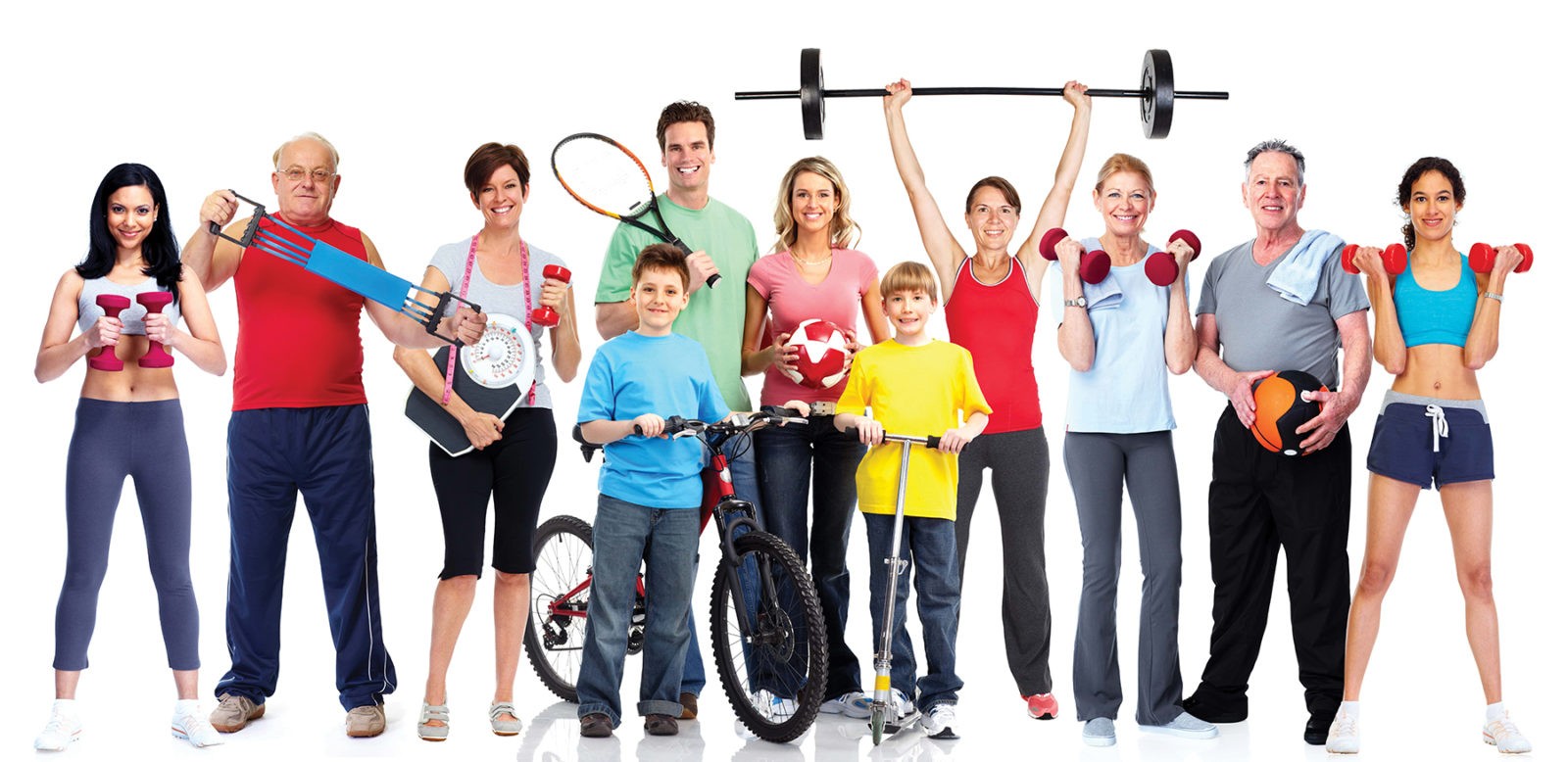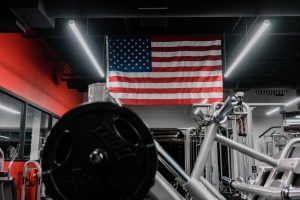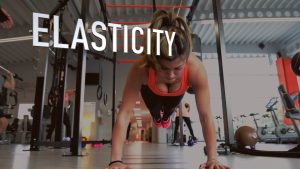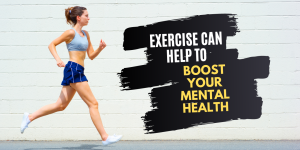
Inclusivity has become a guiding principle in the fitness industry, emphasizing that everyone, regardless of age, body type, or ability, deserves access to health and wellness programs. Recognizing the diverse needs of individuals, inclusive workouts and programs have emerged, promoting physical activity as a universal right and a source of holistic well-being.
Adaptive Fitness Programs:
Adaptive fitness programs cater to individuals with disabilities, ensuring that they have access to tailored workouts. These programs focus on building strength, improving mobility, and enhancing overall well-being, taking into account the specific challenges faced by participants. Adaptive fitness trainers work closely with their clients, creating customized routines that empower them to achieve their fitness goals.
Senior Fitness Initiatives:
As the global population ages, there is a growing emphasis on senior fitness initiatives. These programs focus on enhancing balance, flexibility, and cardiovascular health among older adults. Activities like low-impact aerobics, water aerobics, and chair yoga are designed to accommodate the needs of seniors, promoting an active lifestyle and mitigating the effects of aging.
Body-Positive Fitness Movements:
Body-positive fitness movements challenge traditional beauty standards and promote self-love and acceptance. These initiatives emphasize that fitness is not about achieving a certain body shape but about feeling strong, healthy, and confident in one’s own skin. Body-positive fitness classes create safe and supportive environments where individuals of all sizes and shapes can engage in physical activities without fear of judgment.
Culturally Inclusive Workouts:
Recognizing the rich diversity of cultures around the world, fitness programs are becoming more culturally inclusive. Dance-based workouts inspired by various cultures, such as Bollywood dance, African dance, and Latin dance, allow individuals to connect with their heritage while staying active. These workouts celebrate diversity and encourage people to embrace different cultural traditions through movement.
Online Inclusive Fitness Communities:
The rise of online communities has paved the way for inclusive fitness spaces on social media platforms. These communities bring together individuals from different backgrounds, abilities, and body types, fostering a sense of belonging and support. Online fitness influencers and trainers champion inclusivity, sharing workout routines, nutrition tips, and motivational stories that resonate with a diverse audience.
In conclusion, the fitness landscape is undergoing a significant transformation, embracing innovation and inclusivity. Whether through virtual reality experiences, outdoor challenges, adaptive programs, or body-positive movements, the fitness industry is evolving to cater to the diverse needs and preferences of individuals. These trends not only redefine the way we stay active but also promote a culture of acceptance, empowerment, and well-being for all.





